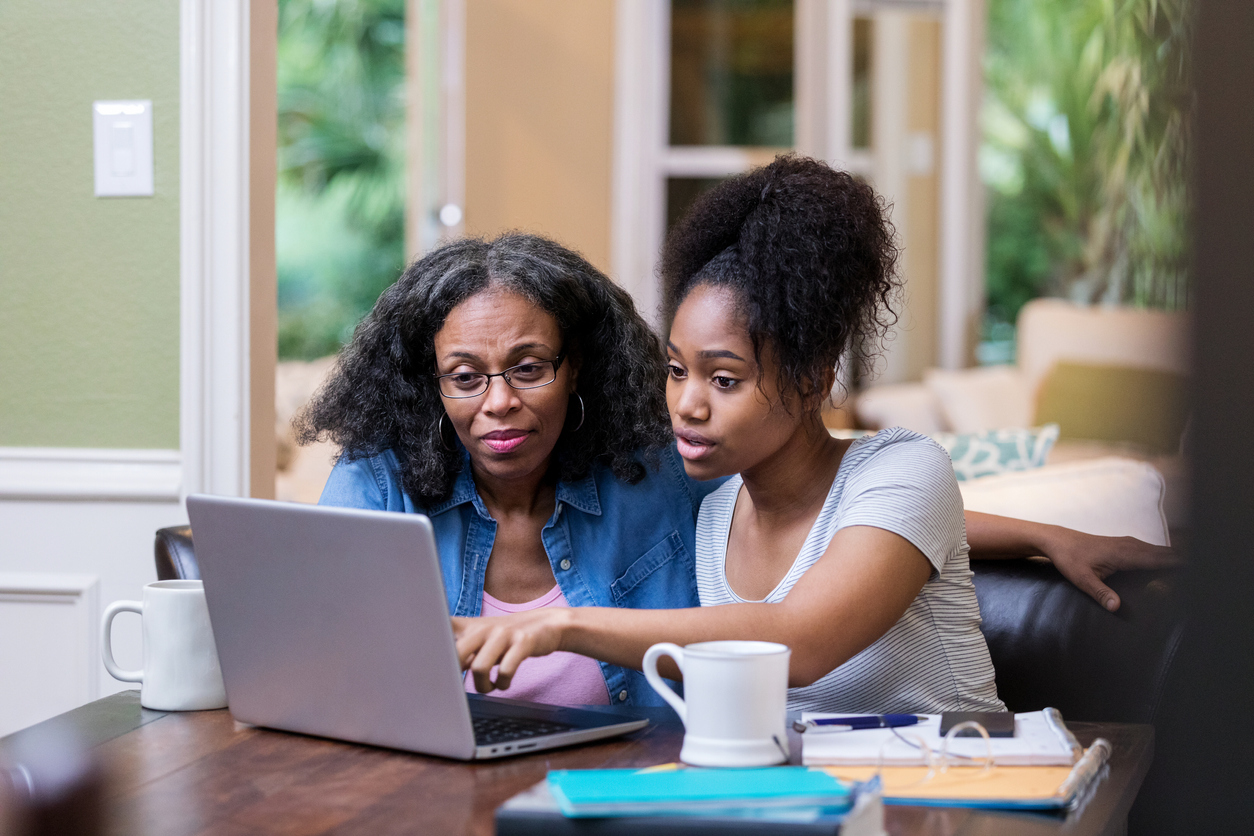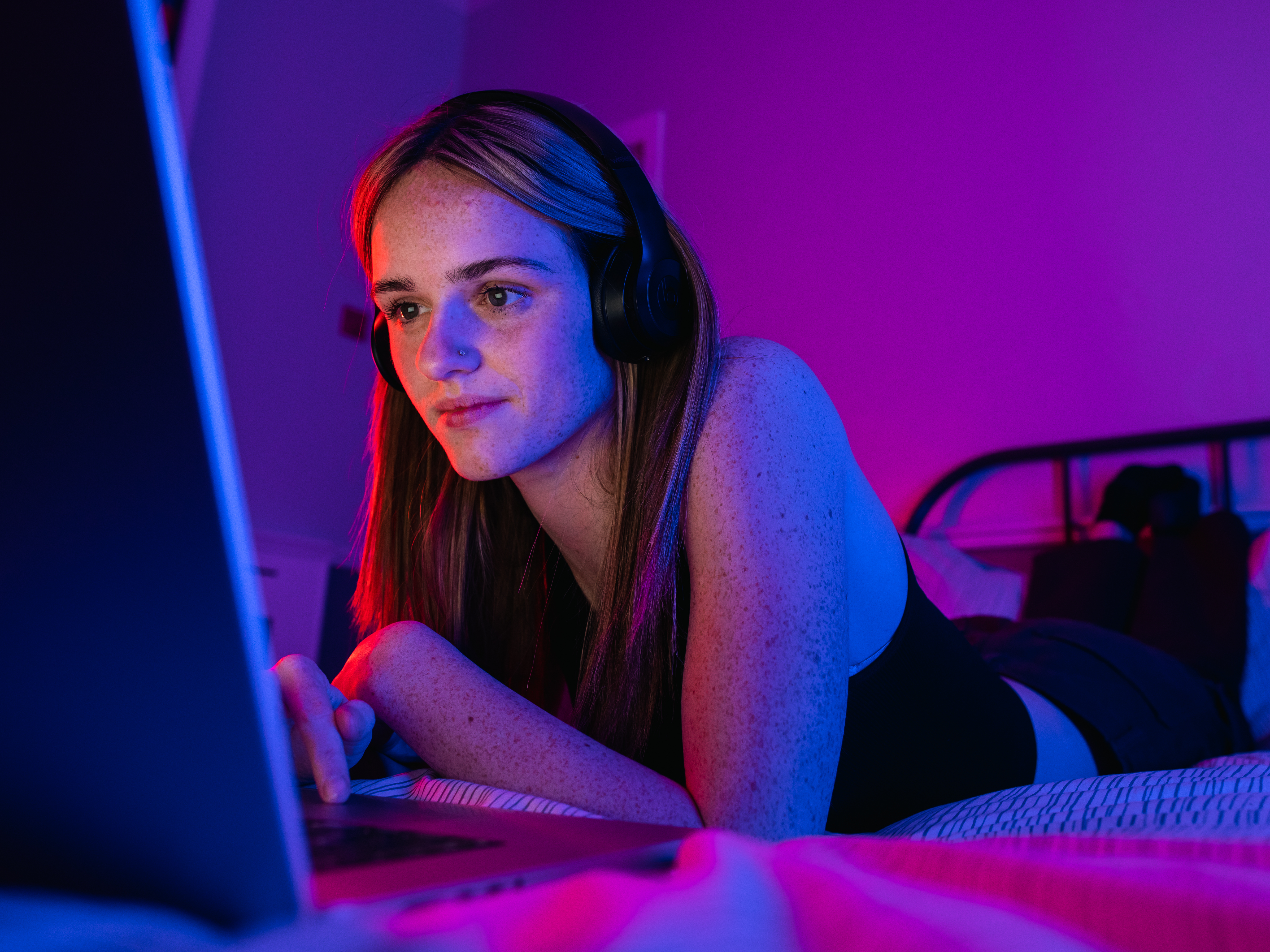
“It’s a big thing for parents to get their kids into university”
The pandemic has shown more clearly than ever that parents and guardians play a huge role in influencing and shaping a student’s decision around higher education.
But for marketeers, there is an inherent tension between communicating directly to young adult applicants who are making their first big decisions and with parents whose children are leaving home for the first time.
Online open days and events have transformed from a luxury addition to a pandemic driven essential part of the recruitment process. The question for many is how to use the online space to capture the sense of place that is so vital to many students' experiences of university.
And for parents and guardians, how can universities take advantage of online to reassure them that their children will be safe, happy and well educated?
Digital diversity
Reflecting on the culture & diversity of your institution and the location it's in during online events is hugely important. Without the chance for students and parents to physically visit, see and meet people it can be alienating for parents and students alike.
For Rachel Nsofar, whose family background is Nigerian, the main concern for her daughter was that issues of diversity are reflected in the content of virtual open days.
Demonstrating that diversity online means showing a diversity of students, academics but also of the areas students will be living, studying, and working in.
Online events present a fantastic opportunity to do just that in a way that face to face events might not always. Consider using your student ambassadors and their networks to test out your online events and ensure that they accurately reflect their experiences.
A future where online events are used to support in-person visits and events will have huge positives but universities will need to continue to ensure representation of diversity isn't left to chance.
Place
Demonstrating that sense of place isn’t just about the campus/lecture halls, online it is far harder for students and parents to get a feel for the wider area.
“You've also got to look at what the accommodation might be like in future years. The costs and so forth. Then there is transport; how long will it take you to get there from your home?”
Sarah McQueen, Loughborough
Can you use your online platform and event to signpost existing student content showing their life and off-campus accommodation?
To hear the views of marketing leaders from across UK universities download our free guide.
Preparation
A common theme for our parents was that an upside of homeschooling and virtual learning had meant many A-level students would be far better prepared for self-guided study than in previous years.
“The biggest difference between university and A-level teaching is the amount of solo work that you have to do. They are not going to have that problem so much because they have been doing it for the vast majority of their A-levels during the lockdown.”
Lisa Griffiths, Sunderland.
What’s next?
Whilst online learning is a hot topic for students, staff, and the media, Brandwatchresearch shows that parents are talking far less online about so-called ‘blending learning’ than staff and students of universities, potentially showing it is less of a concern for parents than university academics or students.
However, there was a strong feeling amongst our interviewees that fees should be reduced for students who aren’t getting the full face-to-face learning experience.
So whilst it looks like in person teaching may well be back in some form next term, it is clear that marketers need to focus messaging on the all-around value of the course and the richness of the online learning experience. Demonstrating to parents then, through online events and experiences, the value of blended learning should be a priority for the next few recruitment cycles.
Anecdotal evidence from marketing teams suggests that parental attendance on online open days is reducing as parents increasingly leave their children to it. So targeting messages and marketing directly to parents that encourage their co-attendance may well be an answer to increasing engagement, and applications. And importantly ensuring happy students and happy parents once studying starts.
To hear more from our parents, views from students and marketing leaders, download our free guide to 21/22 online recruitment by clicking the button below.




